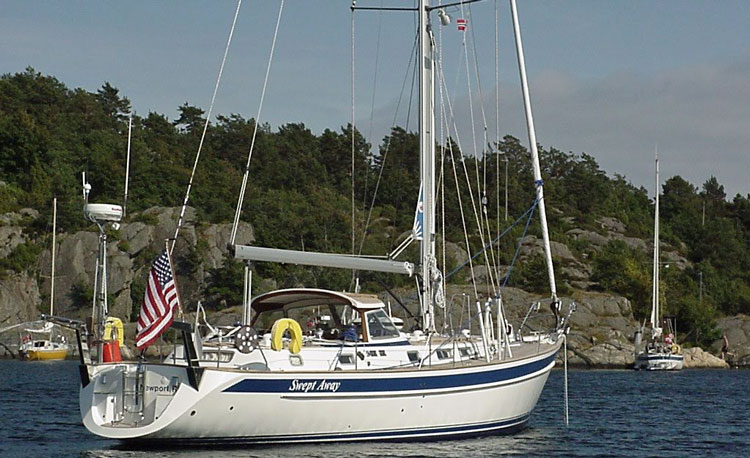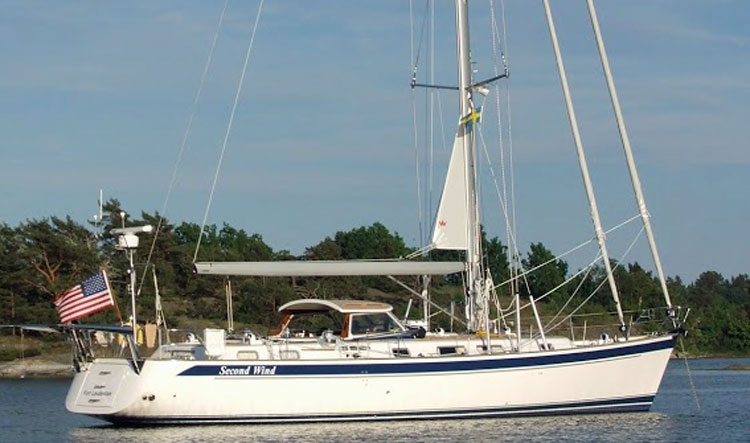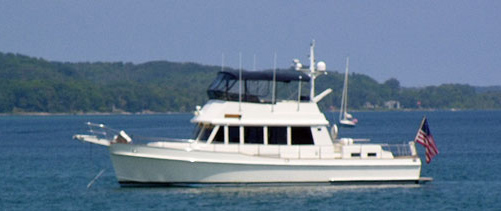 |
 |
 |
Sunday, May 5, 2013, in Gzira, Malta
Hi all. We’re back at the boat.
It sure is easy to live in Malta, although it isn’t all that easy to get there from Florida. This time, it only took us three flights. We’ve had worse connections.
The view during the descent into Malta is a tableau of beige. Limestone is the building material of choice. Unlike Croatia, Malta’s homebuilding design doesn’t include the ubiquitous red tile roof. Unlike the coasts of France and Italy, there’s no colorful paint. Unlike Greece’s Cyclades Islands, there’s no panorama of whitewash with blue trim. Just a big beige Legoland of hard structures. I thought that it could use a throw pillow or two.
Malta’s sea defenses appear impenetrable, with walls fortified in 1566 that surround the important ports and its medieval capital of Valletta. Well, they’re impenetrable to late-16th-century attackers. Or at least they would have been, if they had been completed prior to 1565 when the Ottomans besieged the island. On the plus side, Malta was able to stave off the Turks in that confrontation, and later held on against the Germans, who attacked from the sky in World War II. These two events are among the well-deserved sources of national pride in the wide-ranging history of this amiable island. Its story is colorful, even if its buildings are not.
Actually, Malta has so much history to brag about that I couldn’t do it justice here. I��ll just say that it��s worth a visit to Google to check it out, or better yet, a visit to Malta. For us, Malta has become a second home. This visit marks three winters of boat storage, meaning weeks-long arrival and a departure visits each time. I’d estimate that we’ve spent more than three or four months in total, visiting this place that is no bigger than Martha’s Vineyard and has 400,000 residents. It’s the densest-populated country on earth.
There are a lot of things to like about Malta, especially for visiting American sailors like us. There are boats everywhere, and boat support. Shops sell everything from anchors to zincs. There are electricians and carpenters. Mechanics might specialize in Volvo or Yanmar engines just because there are so many boat engines around. One company stays busy all the time just washing boats down. So if you have work to do, and there’s always something at the end of the season or the beginning, there’s a great person around to do it.
English is the second language of Malta, so that makes life much easier for us than other Mediterranean locations. Generally, you can speak English and expect to be understood by everyone, including bus drivers, workers, and other tourists. The only time you won’t be understood in English is if you approach someone who is older than 70. So in this way, Malta is a lot like Miami.
The English language is a remnant of British colonization, which ended nearly 50 years ago. But other remnants make life easy for us: English-language TV and movies, the ready availability of sandwiches and Indian food, and Marks and Spencer. Of course, it means that you have to re-learn how to look before crossing into traffic that goes the wrong direction, and nobody can make a burger that couldn’t moonlight as a hockey puck. Don’t order a burger anywhere in Malta, including at the Hard Rock Café.
On the other hand, Italian food is great. If you love pasta, or pizza, you don’t have to walk more than about twenty steps in any direction to find some. Italy is a short ferry ride away, and mostly everyone speaks Italian as well as their native Maltese and secondary English.
We visited the boat in its spot on land the first afternoon we arrived. The boatyard had finished all of the work that it had promised, and we’d engaged a local management company to check on it during the winter, keep the batteries charged, and clean it up against the red Sahara winter rains. Everything was in order, and we were happy that we’d only have to wait until the morning to get back on board and start living afloat again.
For our boatless night, we’d reserved a hotel room in a nearby place we’d liked every time we stayed there. Whether they upgraded us to an apartment nearby because they knew us, or because they were sold out by the time we arrived, I don’t know. The built-in furnishings and kitchen were modern, clean, and spacious. There were two advantages to the apartment that they gave us, but being able to cook our own meals wouldn’t have been one of them. First, we were much closer to the boat than from the main hotel, halving the distance we’d have to drag the luggage we’d brought from home. Second, we had a lovely view over the harbor and to the boatyard where our boat was hauled out. Still, I would have traded this place for our old hotel room in a second. I don’t want my hotel to be like a house. I want my house to be like a hotel, with a front desk, with a restaurant an elevator or so away. Furthermore, each of the lights in the unit, such as they were, had the power of a birthday candle. I don’t want to think about the wiring that couldn’t seem to support even this glow. In the fifteen or so hours that we resided in this apartment, the power went out twice. One of those times blew out the outdoor security system, so we fetched the clerk at the hotel’s reception desk several blocks away to let us in the front door with his key.
The boatyard launched the boat just when they promised. Manoel Island Yacht Yard used a crane to lift and lay down the radar pole that didn’t fit under the boat lift’s supporting bar. I shuddered to remember last year, when we’d tried to manage removing the radar pole on our own. But the yard did it with ease and restored it once the boat was in the haulout slip in the water. We motored around the bay to the berth we’d left in the marina in the fall. Normal life would begin again.
Art busied himself with removing winter covers and testing our operational systems to make sure that they were working. Freon was too low in the freezer, but the main refrigerator and side refrigerator/freezer chilled down quickly enough to support a trip to the supermarket, including the required ice cream purchase. We made arrangements to get the standalone freezer fixed as soon as possible.
Batteries are a constant concern for Art, with good reason. Boats don’t like winter any more than I do, and batteries need special care. After a short period of worry on the part of Arthur that they weren’t right, they charged back up with no problem and the captain pronounced them fully operational.
There’s an annual ritual for us to remember how we normally do things: how the stove lights, or where we store something, or how to get the TV sound to come out of the stereo speakers. So we do spend a few days puzzling with each other about how life works onboard. We don’t worry about it. It always comes to us eventually.
There’s still a little preparation to make before we can go sailing. But our plan is to stay put and enjoy living in Malta for at least three weeks. It’s good to be back, snug in our sailboat.
Love, Karen (and Art)